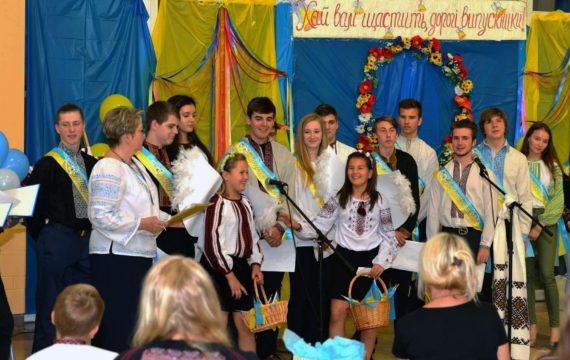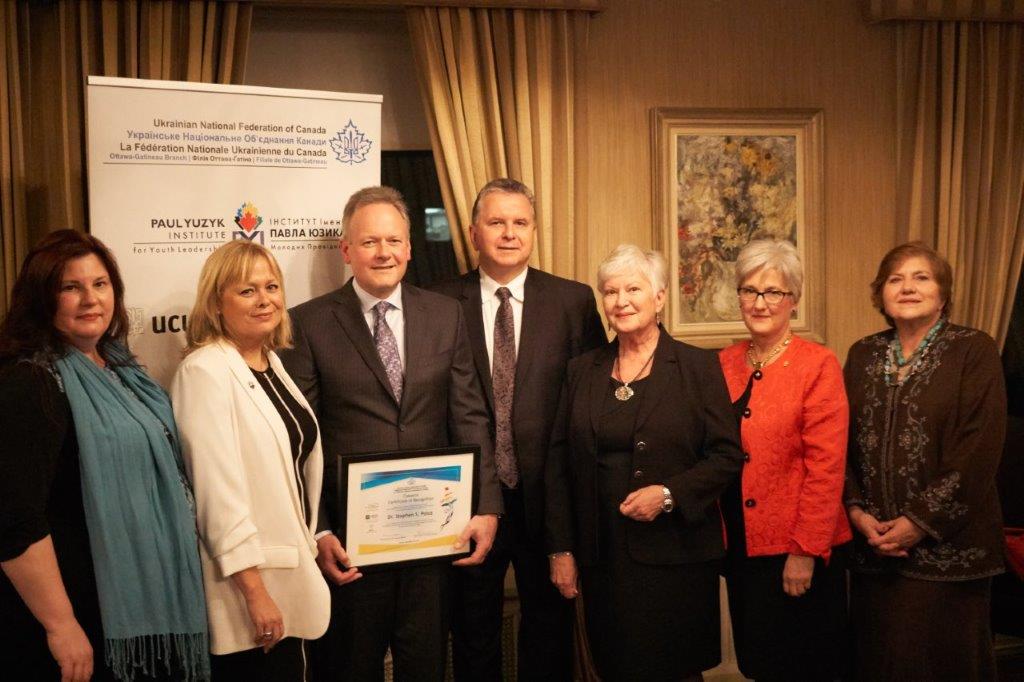Make a Difference Today!
Your donations enable us to continue to develop, fund and our support our capital projects and programs. Ukrainian cultural and educational life in Canada through Ukrainian folkdance groups, choirs, operas, musical ensembles, libraries, museums, summer camps, sports clubs, educational courses, Ukrainian schools, seniors’ and computer clubs; to assist in publishing books, magazines, and the weekly newspaper The New Pathway; to cooperate with Ukrainian organizations in Canada, in Ukraine, and other countries; and to establish educational ventures such as Kalyna Country, Pier 21 Excursions, and the Paul Yuzyk Institute for Youth Leadership.
Programs

Ridna Shkola Initative

Paul Yuzyk Institute for Youth leadership

Branch Donations
Leaving a legacy
Your consideration in providing a planned gift – whether a bequest in your will, a gift of life insurance or securities, or a charitable annuity – will make a lasting contribution to the lives and communities where you choose to direct your support.
